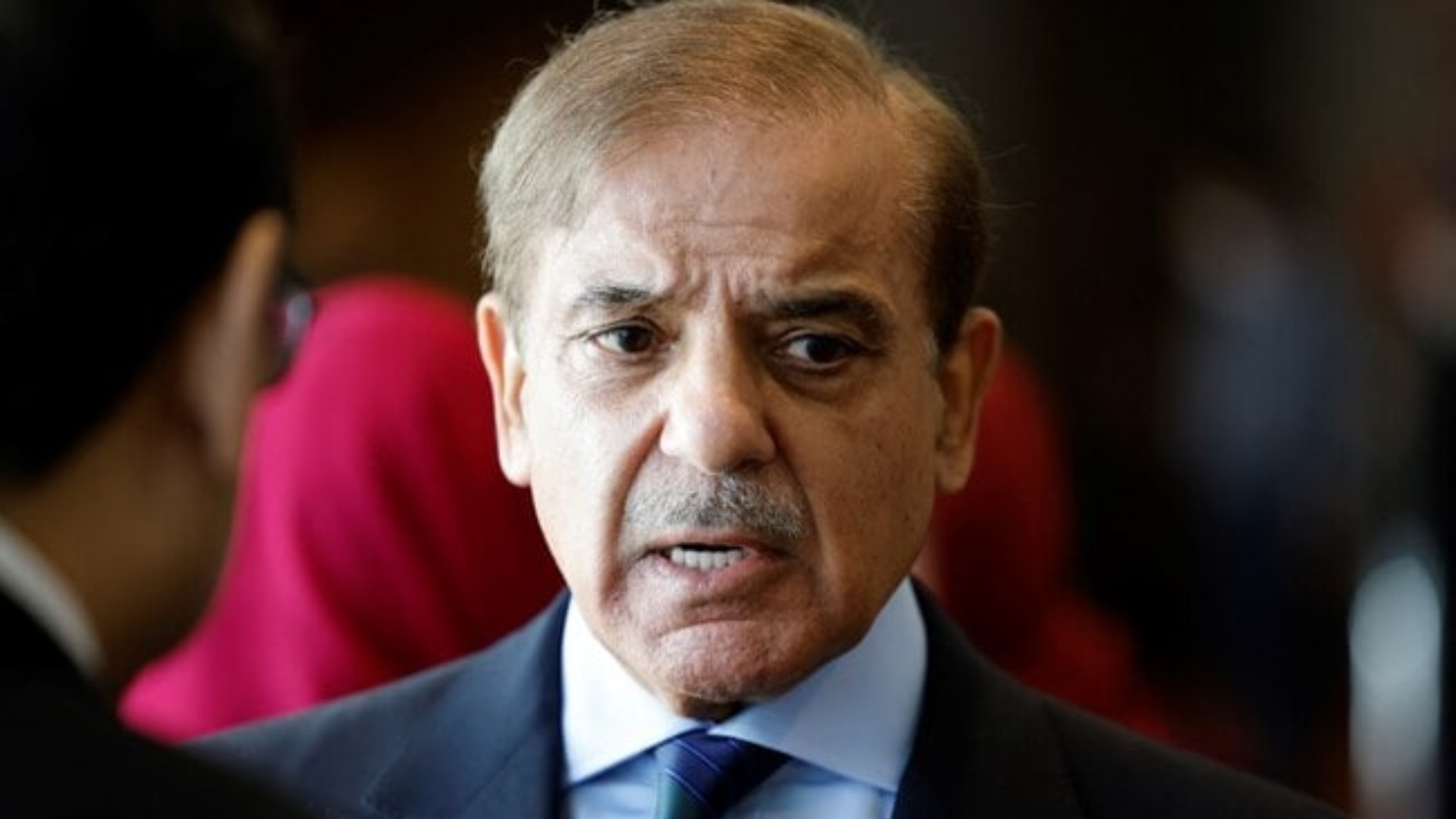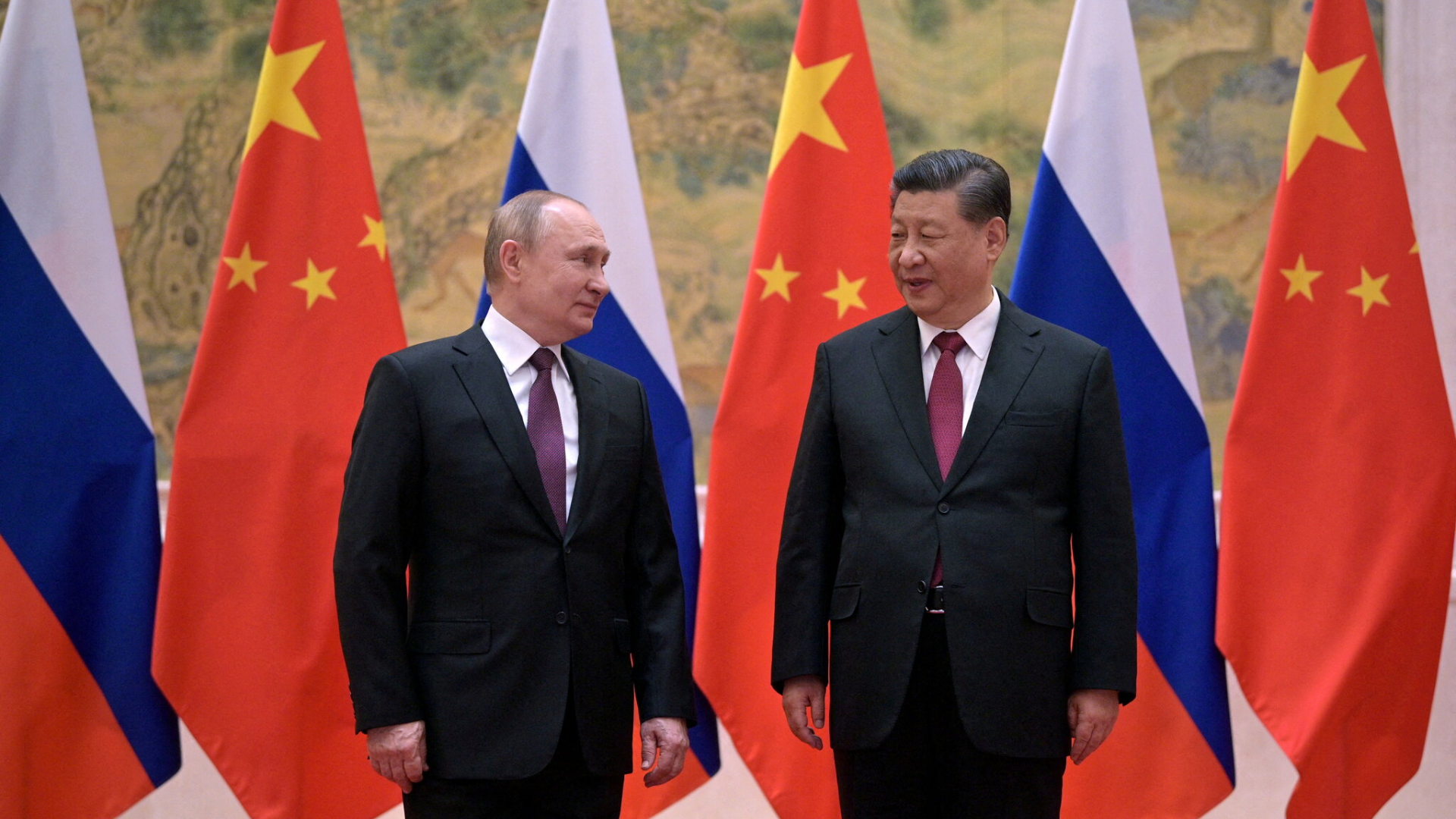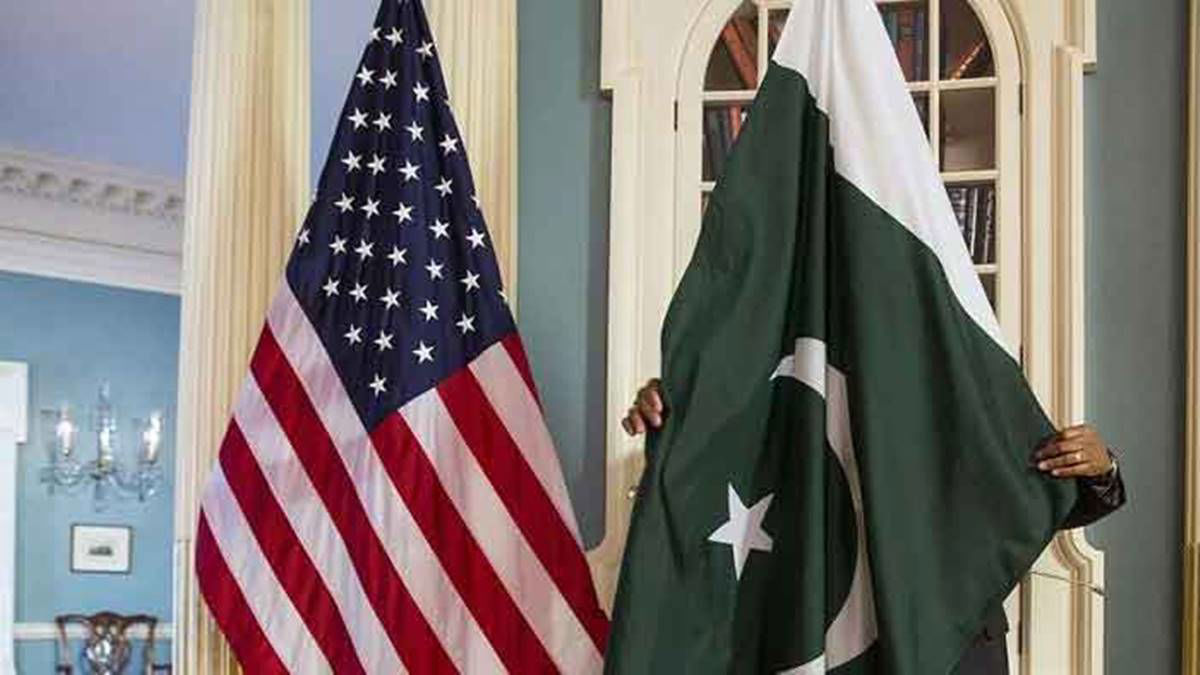










A US lawmaker has introduced a bill titled “To terminate the designation of the Islamic Republic of Pakistan as a major non-NATO ally, and for other purposes” in the US Congress that seeks to cancel the designation of Pakistan as a Major Non-NATO Ally (MNNA).
The bill, introduced on January 9 by US Congressman Andy Biggs, removes Pakistan’s designation as a major non-NATO ally, which allows for various benefits such as access to excess US defense supplies and eligibility for loans of material, supplies, or equipment for cooperative research, development, testing, or evaluation. Concerning Pakistan, the bill stated that the US President cannot issue a separate designation of Pakistan as a Major NATO ally unless a presidential certification states that Pakistan continues to conduct military operations that contribute to significantly disrupting the Haqqani Network’s safe haven and freedom of movement in Pakistan.
The bill seeks confirmation that Pakistan has taken efforts to demonstrate its commitment to stopping the Haqqani Network from utilizing Pakistani territory as a safe haven.
The certification must also state that the Government of Pakistan actively collaborates with the Government of Afghanistan to limit the movement of militants, such as the Haqqani Network, along the Afghanistan-Pakistan border, and that Pakistan has made progress in apprehending and prosecuting Haqqani Network senior leaders and mid-level operatives.
The MNNA status was established in 1987 and is a potent emblem of a close connection with the United States. While MNNA designation confers military and economic benefits, it does not imply any security obligations to the designated country.
According to the US State Department, with Afghanistan’s designation withdrawn last year, the US now has 17 significant non-NATO partners. Argentina, Australia, Bahrain, Brazil, Colombia, Egypt, Israel, Japan, Jordan, Kuwait, Morocco, New Zealand, Pakistan, the Philippines, Qatar, South Korea, Thailand, and Tunisia are among the countries involved.
Pakistan was designated an MNNA in 2004 by the Bush administration.









